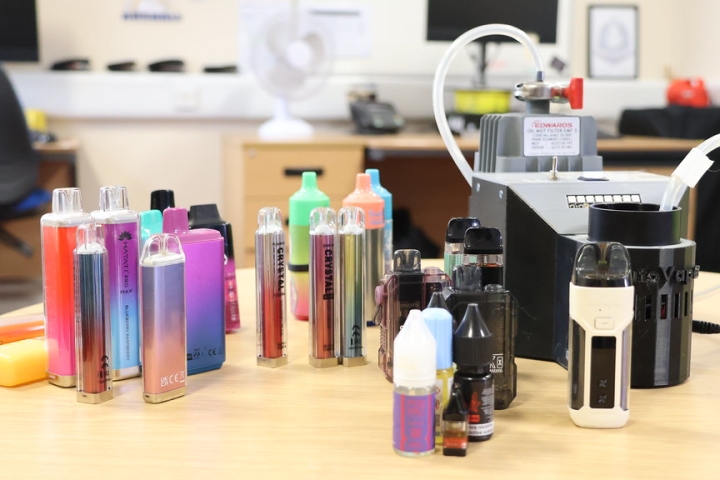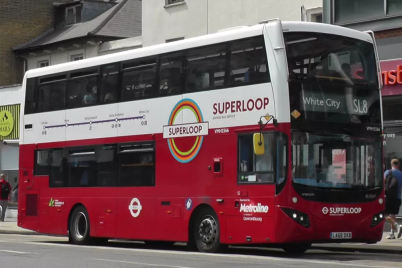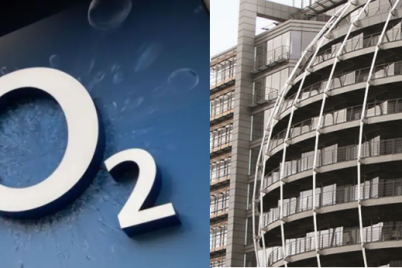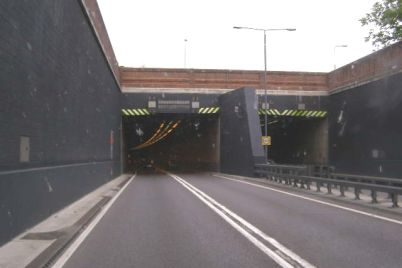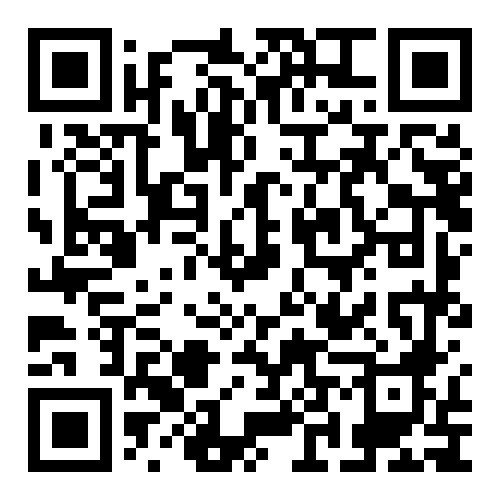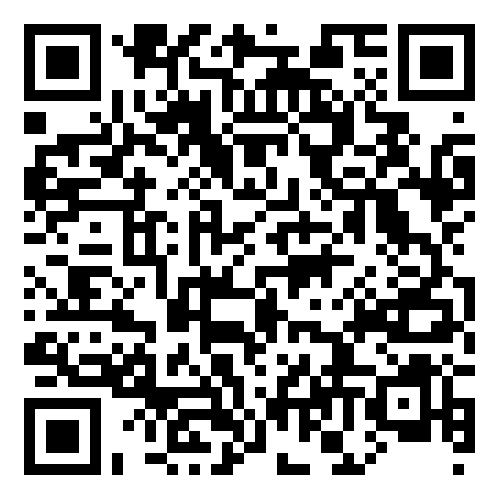Police have launched a crackdown on vape spiking in London, using new detection kits in bars, clubs, schools and even on the River Thames.
The Metropolitan Police said the move comes after a case in south-east London where children as young as 14 were taken to hospital after cannabis products were placed in their vapes.
The new technology allows rapid testing of devices suspected to contain drugs such as THC or spice. Officers say it is already being used at festivals, concerts and nightclubs, and has now been rolled out more widely.
Vapes are often shared among young people or distributed in social settings, raising fears that tampered devices are being used to target victims. Police say this makes detection vital.
Alongside the vape kits, officers are also using near infra-red detectors which can identify powders and tablets. The equipment links to a mobile phone app to give quick results.
The crackdown has extended onto the river. The Marine Support Unit led a patrol at Westminster Pier alongside Home Office minister Jess Phillips, targeting party boats popular with students during Freshers Week.
Police carried out safety checks, engaged with party-goers and deployed the new vape-spiking equipment.
The Met recorded more than 2,000 allegations of spiking between March 2024 and March 2025. But officers believe the true scale is higher, with many incidents going unreported.
The crime disproportionately affects women and girls. In August 2025, 66% of victims were female. Many reports were linked to Westminster and the West End, where nightlife is busiest.
The operation formed part of Spiking Intensification Week, a national initiative supported by the Home Office and the National Police Chiefs’ Council.
Deputy Assistant Commissioner Ben Russell said: “Spiking is an abhorrent crime that we are tackling head on, whether it takes place in a nightclub, a private venue, or on the Thames. The ongoing trial of new vape-spiking detection kits is just one example of how we are innovating to get ahead of offenders and better protect the public.”
He urged victims to come forward, adding: “Being spiked is never your fault, it’s always the fault of the perpetrator. The sooner we know, the more we can do to support you, collect evidence and stop dangerous offenders from targeting others.”
Mr Russell also highlighted a “shocking” case where children were hospitalised, saying schools had asked the Met to test confiscated vapes.
The issue has also been identified by academics. A University of Bath study in 2024 found one in six vapes seized from schools contained spice, a synthetic drug linked to serious health risks including cardiac arrest.
Researchers said teenagers often believed they were buying nicotine or cannabis products when in fact the vapes had been laced with other substances.
Jess Phillips, the Home Office minister, said the government was determined to tackle spiking in all its forms.
She said: “As students across the country enjoy Freshers Week, we are funding a national Spiking Intensification Week to raise awareness, support police forces to use innovative tactics, and encourage victims to report this crime. We are also working with bars, pubs and clubs to roll out specialist training for staff and introducing a new criminal offence for spiking to bring more perpetrators to justice.”
Former Love Island contestant Sharon Gaffka joined the operation, describing her own experience of drink spiking five years ago. She said she welcomed the new technology, warning that spiking methods were evolving quickly from drinks to needles and now vapes.
“If we’re not doing anything, it’s going to keep moving faster to the point where we can’t keep up with it,” she said.
The crackdown, police say, is aimed not only at identifying offenders but also reassuring the public that measures are being taken to make nightlife safer.

